I’ve stumbled on Eugen D’Albert maybe fifteen years ago or so. I was shocked how good his music was and unknown he was. He is a Scottish-born German composer who was also a pianist (you can still find recording of him playing works of other composers). Similar to Moszkowits he lived in the Rachmaninoff’s era and his music as you’ll hopefully see is Rachmaninoff’s caliber. Here is his Piano concertos Number 1 and Number 2 (part 1 and part 2). D’Albert loved the institution of marriage, he frequented it quite often – he was married six times. While I was looking for links of his piano concertos I stumbled on his cello concerto that I was not aware of (here is part 1, part 2 and part 3).
Related Articles
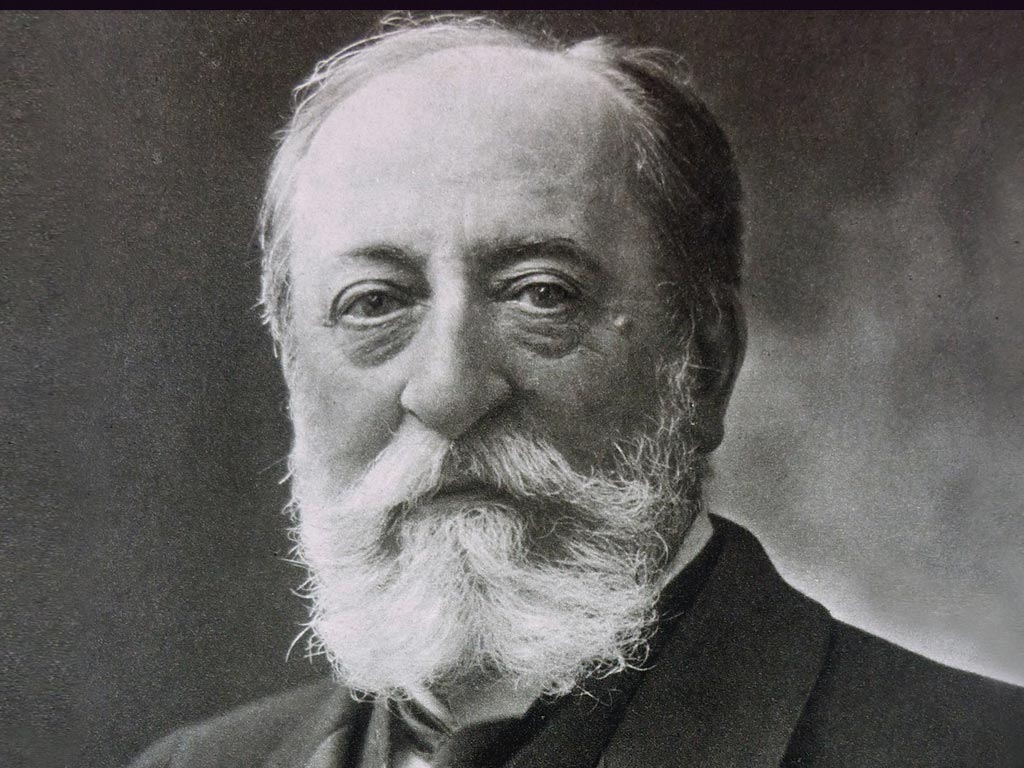
Saint-Saens Piano Concertos 1-5
A few weeks ago I shared with my readers Saint-Saens’ Piano Concerto No. 1. To my surprise, I received a lot ... Read more
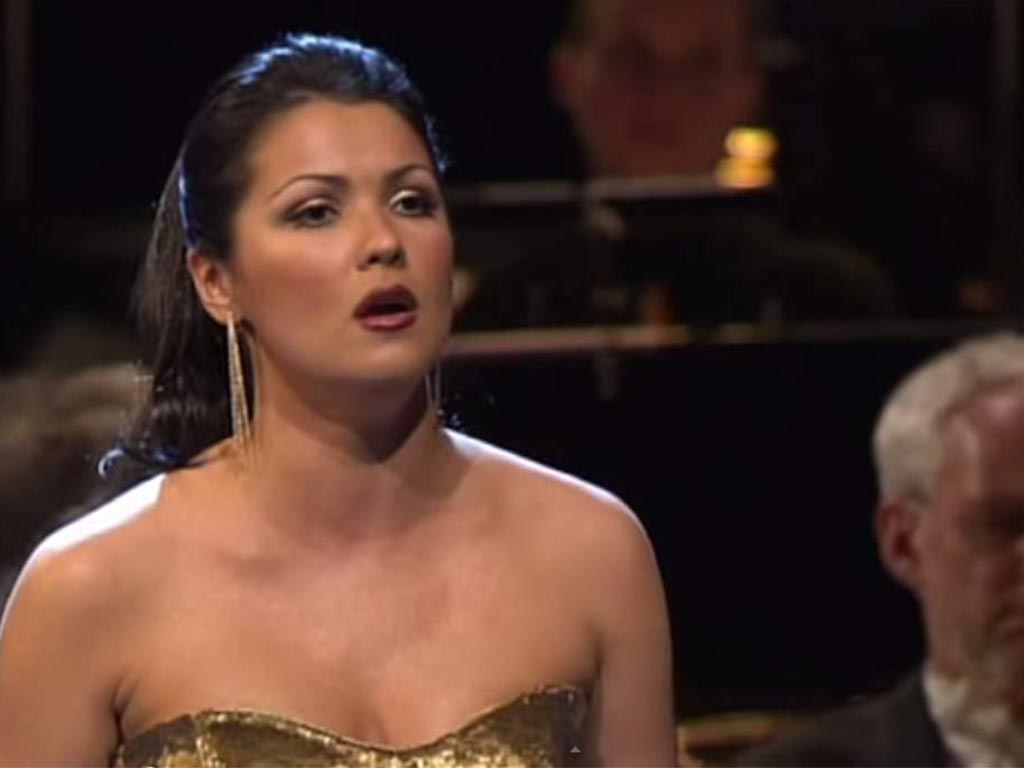
Casta Diva
Norma premiered in La Scala (the Mecca of opera in Millan Italy) in 1831. Casta Diva is one of the most challenging arias ever written for soprano. During the rehearsals before the premier Italian soprano Giuditta Pasta refused to sign it she said it was “ill adapted to her vocal abilities”.
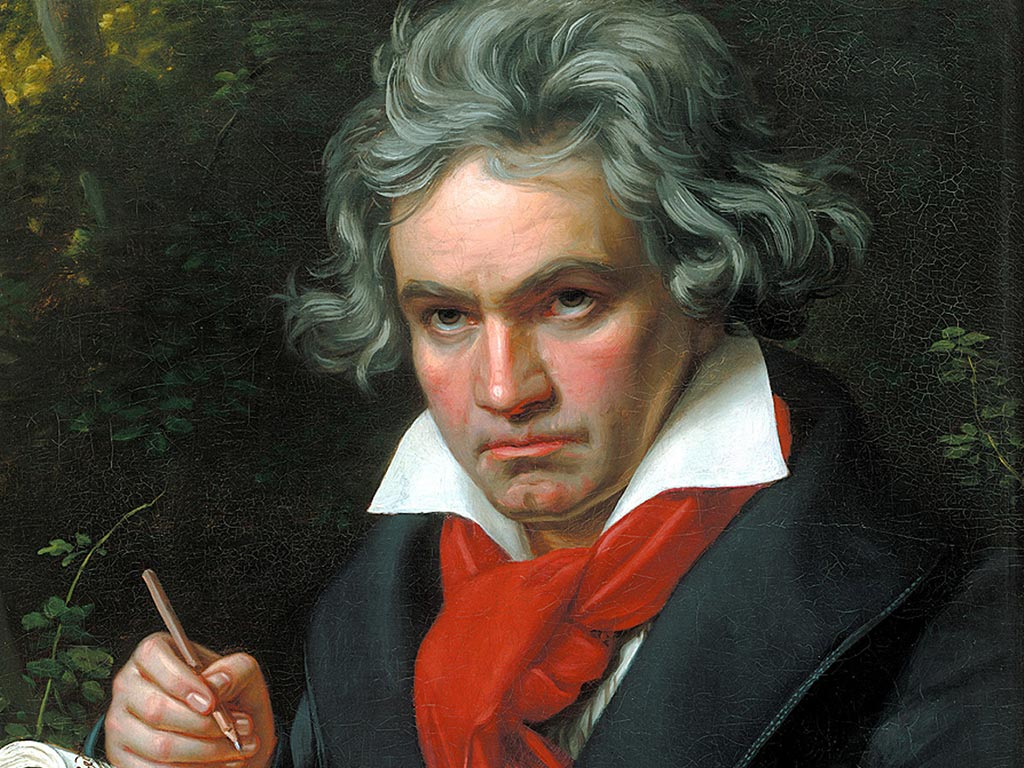
Beethoven’s Symphony No. 9
I wanted to share with you Beethoven’s Symphony No. 9. It is not a traditional symphony, because it uses voices in addition to instruments; thus it is called a choral symphony. Beethoven composed it when he was completely deaf.
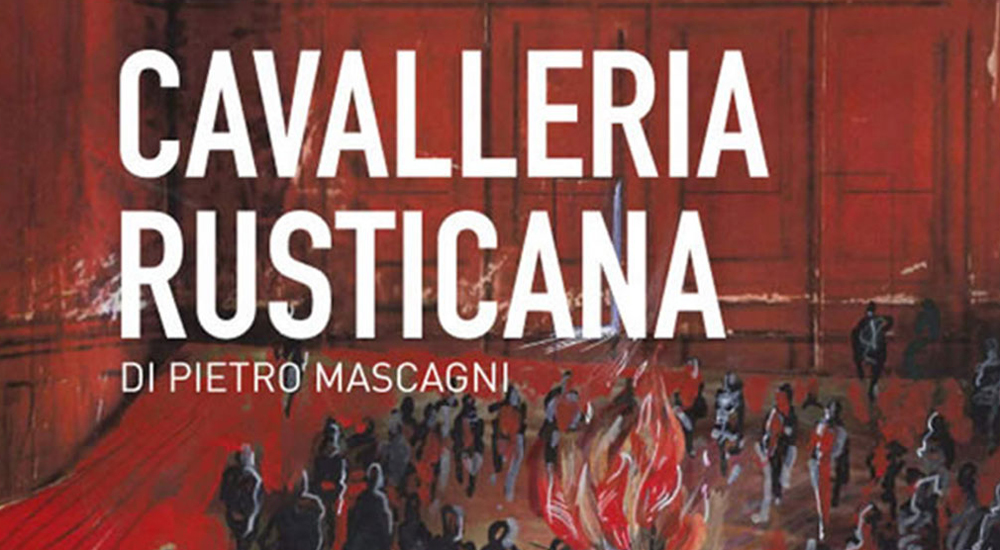
Cavalleria Rusticana
I wanted to share with you music that you may have heard in the movie Godfather. No, not Godfather 1 (though you can listen to that here), but Godfather 3. It is an opera by Pietro Mascagni called Cavalleria Rusticana (loosely translated: Peasant’s Honor).
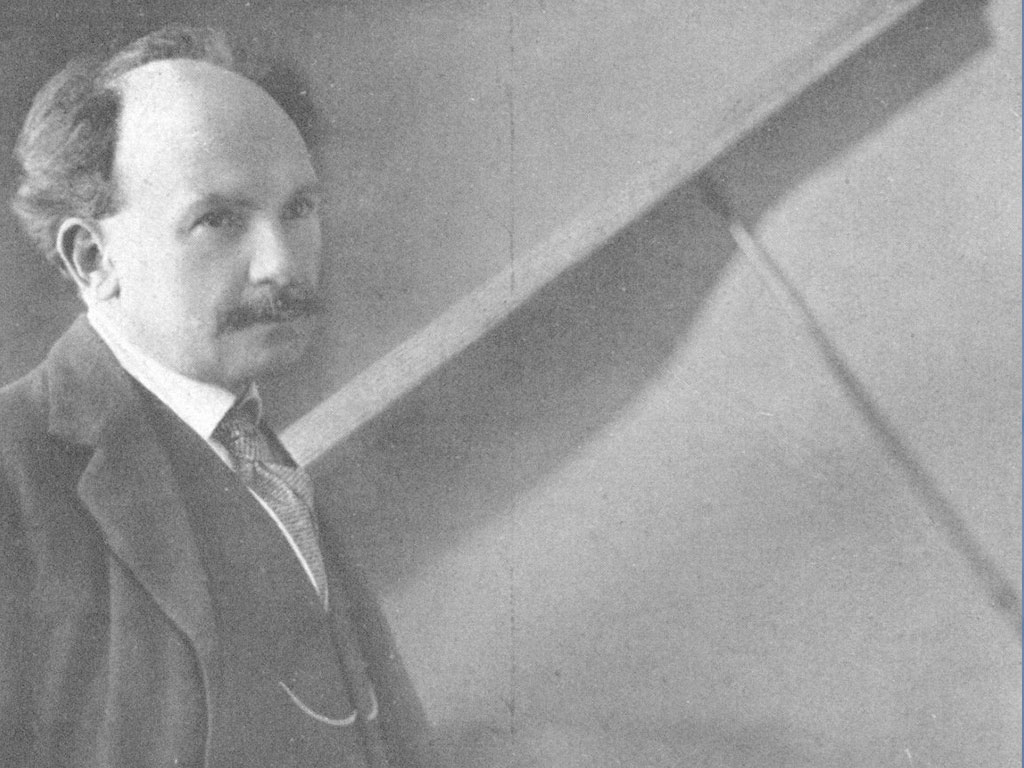





0 comments